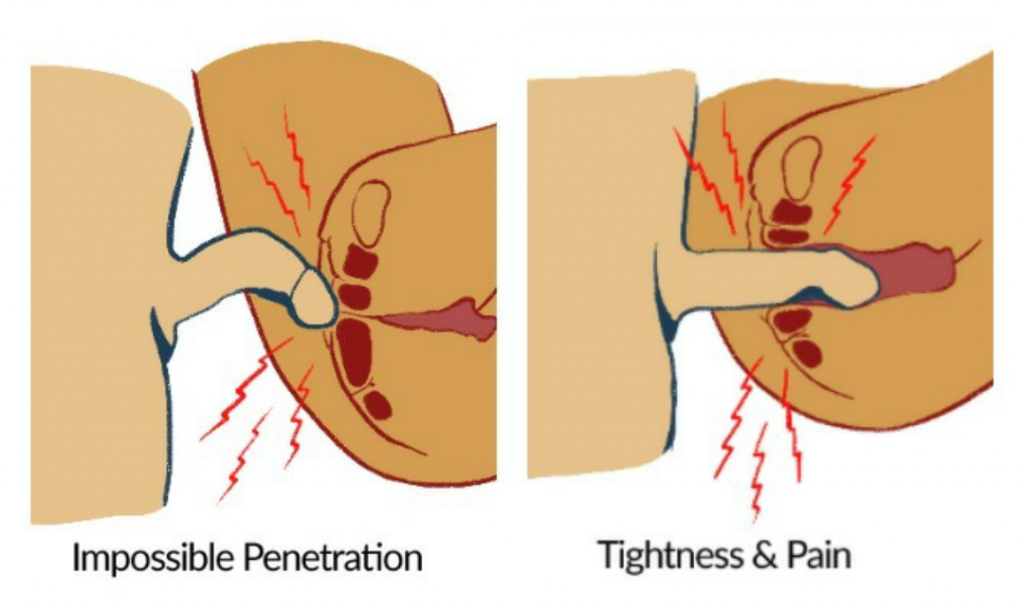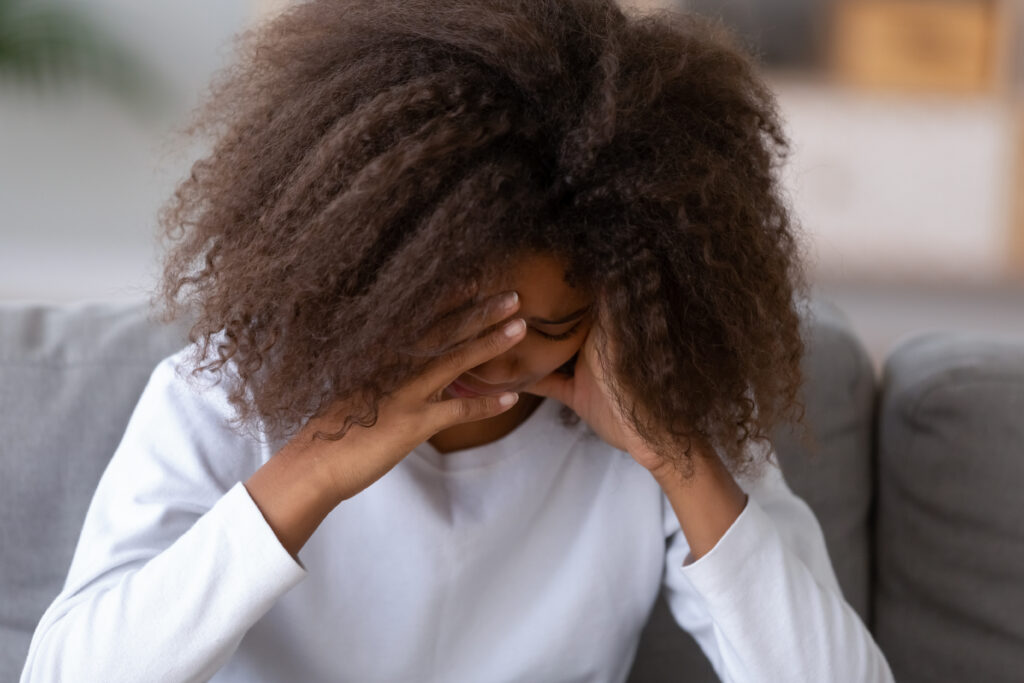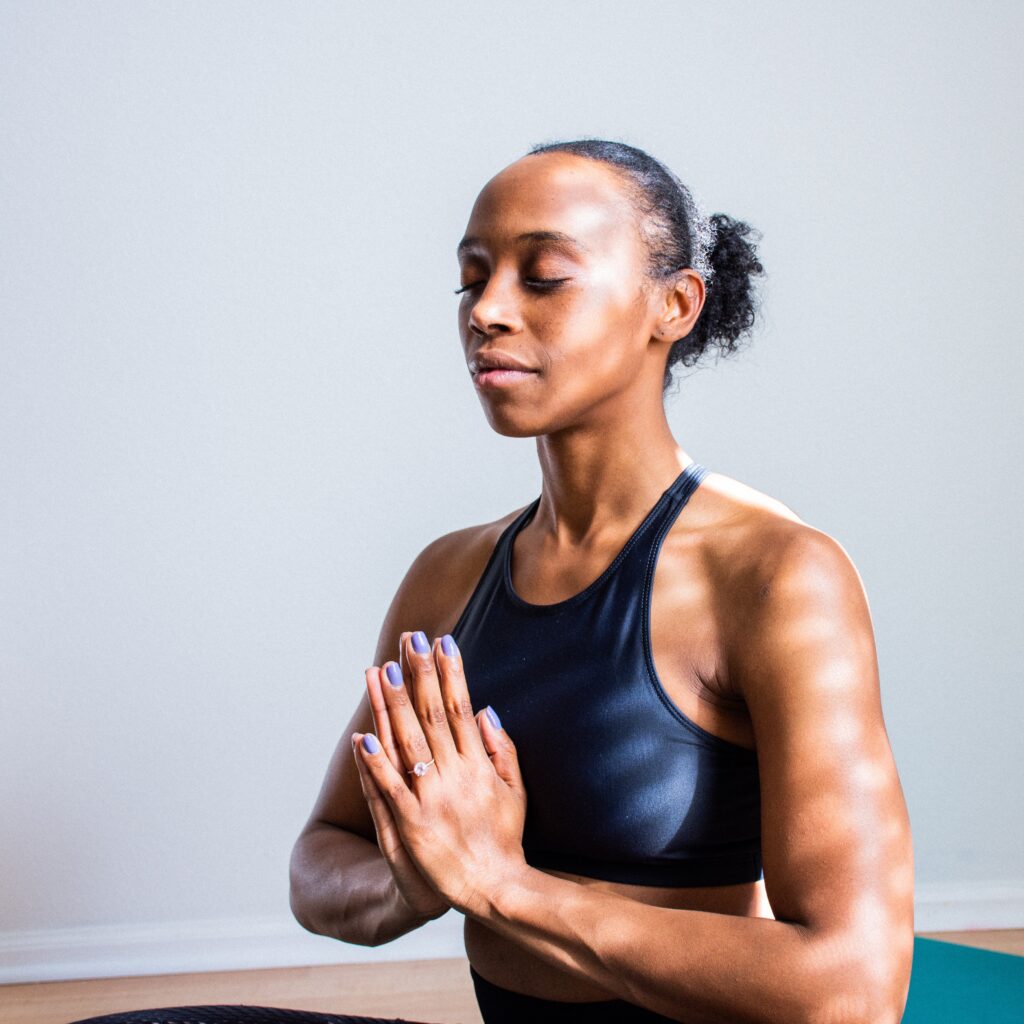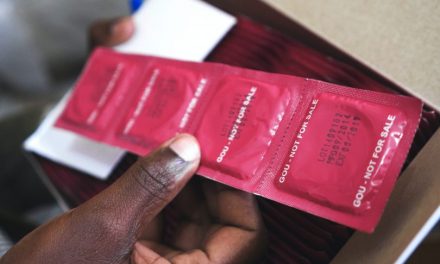I was curious about sex in my early teenage years and often wondered what the fuss was all about. A few friends of mine had lost their virginity a while back when we were in high school during the holidays, and oh were they excited to tell their tales about this rather monumental moment of their lives? I keenly listened to every detail of their adventures, anticipating for my turn sooner rather than later. “You will most likely, definitely, feel some pain,” most of them said, “however, the pain fades away as soon as you get acquainted with the thrusts.”
Ideally, sex is meant to be fun and pleasurable, well, at least that’s how I envisioned it would be after my first time. I was a freshman on campus, getting hit on by a number of men. Most made it clear that they would like to pop my cherry, if indeed I was the virgin I claimed I was. I really just wanted to get it over with. Most people were ‘doing it’ and I was eventually going to follow suit anyway.
Fast forward to my excruciating first time with my then crush. Truthfully, it was not enjoyable at all. In fact, it was extremely painful to the point that I told him to stop. Initially, I tried to push through, hoping that it would eventually get better, but it never did. I felt ashamed and embarrassed, but took comfort in the fact that the first few times are meant to be awkward. Four years went by and sex still hurt, or rather felt very uncomfortable. Several doctors later, I discovered that I have a condition called Vaginismus.
So what is Vaginismus?

According to Maze Women’s Health, Vaginismus is a condition where there is involuntary tightness of the vagina during penetration. The tightness is actually caused by involuntary contractions of the pelvic floor muscles surrounding the vagina. The woman does not directly control or ‘will’ the tightness to occur; it is an involuntary pelvic response. She may not even have any awareness that the muscle response is causing the tightness or penetration problem.
Vaginismus is an extremely common condition that is seldom talked about and in African communities, where sex topics remain a taboo, many women battle the issue in silence. It can have a huge impact on women, and their relationships with their partners. Yet many with it feel alone, flawed and hopeless not knowing how to go about it, suffering in silence. The statistics of Vaginismus is thought to be about 1-17% per year worldwide.
It is commonly discovered among teenage girls and women in their early twenties, as this is when many girls and young women first attempt to have penetrative sex, use tampons, or undergo a pap smear. Awareness of Vaginismus may not happen until vaginal penetration is attempted. The pain can range from mild to severe in nature and from discomfort to burning in sensation.
Vaginismus does not prevent women from becoming sexually aroused, but they may become anxious about sexual intercourse, so much so that they try to avoid sex or vaginal penetration. Basically, it can become anticipatory, so it then occurs because the person expects it to happen. There is not always a reason for Vaginismus, but the condition has been mostly linked to past sexual abuse and trauma, or medical factors. I believe my case is linked to my childhood sexual abuse.

Vaginismus can be either classified under primary and secondary. Primary Vaginismus is a lifetime condition that has always been present. It is often experienced by women during their first attempt at intercourse. The male partner is unable to fully insert his penis into the vagina. Secondary Vaginismus on the other hand develops after a woman has already experienced normal sexual function. It has not always been present. It can occur at any stage of life, and it may not have happened before. It usually stems from a specific event, such as menopause, childbirth, development of a medical condition, surgery, or relationship issues.
Can one avoid it?
Women with Vaginismus avoid being sexual due to the painful experience. They may also avoid socialising with prospective partners; dating and getting intimate for fear that it may lead to “sex”. I know I’ve been here one too many times. Dismissing seemingly good men who really just wanted to chatter the night away over a dinner date and get to know me. I felt burdened with my “shameful secret” and frankly didn’t want to waste their time with “unsuccessful” sexcapades. Frequently, I lied that I am menstruating to avoid sex. My plan B was having drunk sex, presuming the alcohol would make me more relaxed, and possibly numb the pain away.

My past partners desired to penetrate me deeply, but they simply couldn’t. We kept trying for months but I was always in pain. Some would describe a sensation like “hitting a wall” at the vaginal opening. “Ouch! Not so deep,” I habitually warned them. On most occasions, I put up with the discomfort just to give them the chance to finish what they started. Eventually, the end result was always a breakup. Some made comments that made me feel like something was deeply wrong with me. “Why wasn’t the sex working?” I often asked myself.
None of my friends understood what I was going through and they all gave me different advice, such as; having enough foreplay, using lubrication, getting drunk, trying different sex positions, and simply just relaxing- so I finally decided to go see a gynaecologist.
My doctor asked about my symptoms, medical and sexual history. These histories helped give him clues to the underlying cause of the contractions. He later carried out an intolerable pelvic examination, moving as gently as he possibly could. He looked for any signs of infection or scarring, but there was none.
In Vaginismus, there’s no physical reason for the vaginal muscles to contract. That means, if you have Vaginismus, your doctor won’t find another cause for your symptoms.
These were some of my gynaecologist’s recommendations; kegel exercises, insertion or dilation training, lubrication, counselling and behavioural therapy.
For the past few years, I have been on a journey of sexual healing, awakening and understanding. I finally acknowledged that my condition, or sex doesn’t define me and that it is not my fault. I won’t lie, I still get performance anxiety. I still get nervous about explaining my condition to potential boyfriends. I still take my time to relax and trust a man. But I now try to discuss what sex means to me beforehand and how, to me, it is so much more than penetration.
I promised myself four things. First and foremost, I will not obsess over “fixing” my Vaginismus. Secondly, no more drunk sex just to get through it. I will not use periods as a scapegoat. Last but not least, I no longer want to have sex with a man who doesn’t have the same viewpoint about sex as me; one who will not be patient to walk the journey of sexual exploration with me. I’m still healing but I am much stronger and poised because of this new-found outlook.
Sex is all about exploration and discovering your desires, which takes time and nobody should have sex that feels uncomfortable or painful. If something hurts, stop. Going slow and making sure you’re relaxed are also very important. And if you’re having pain during any type of sex that doesn’t go away, visit a sexual health specialist. Vaginismus is a treatable disorder. Treatment usually includes education, counselling, and exercises.
I share this story to inspire and bring hope to women who may be battling the same. You’re not alone.




